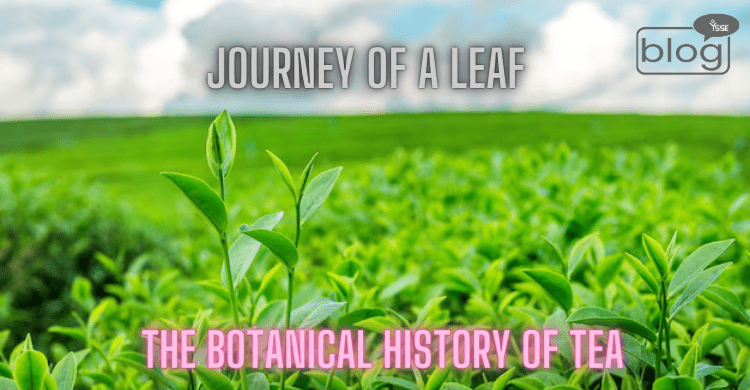Picture this: A moment of pure bliss, where wisps of fragrant steam rise from a delicate cup, and suddenly, the chaos of the world disappears. This magical experience, adored by tea enthusiasts worldwide, is not just a simple beverage; it’s a journey through time and culture, weaving its way into the fabric of our existence.
In our delightful exploration, let’s embark on a journey through the ages, tracing the captivating history of tea. From mythical beginnings to its current status as a global phenomenon, tea invites us to immerse ourselves in emerald-green plantations, ancient Chinese legends, elegant British salons, and serene Japanese ceremonies. Join me as we unravel the tales of tea’s ancient origins and witness its evolution into an integral part of modern life.
Imagine finding solace in a cup of chai, unaware that its origins are rooted in a fascinating accident. Legend has it that Emperor Shen Nong, a mythical figure known as the “Divine Farmer,” stumbled upon tea when leaves drifted into his boiling pot of water. Intrigued by the aroma, he tasted the infusion, marking the beginning of tea’s journey. Recognizing its captivating qualities, the ancient Chinese cultivated tea plants and initiated meticulous processes to enhance flavor and aroma.
Tea’s popularity grew, not only for its exquisite taste but also for its medicinal properties. Believed to heal various ailments, tea became integral to traditional Chinese medicine, symbolizing hospitality, harmony, and refinement. The art of tea extended beyond China, captivating Japan with its meditative and spiritual qualities, giving birth to the elegant Japanese tea ceremony, Chanoyu.
The story of tea expanded beyond borders when Scotsman Robert Bruce discovered a native variety of the tea plant in Assam under British Rule. Commercial tea plantations in India began, and Scottish botanist Robert Fortune smuggled Chinese tea plants into India. The English established the first tea garden in Assam in 1837, marking the beginning of India’s significant role in the tea industry.
Fast forward to the present, where pioneers like Rishav and Shruti Kanoi celebrate 100 years in the tea industry. They emphasize the importance of International Tea Day in highlighting the impact of the tea trade on workers and growers. Companies like The Tea Trove recognize individual tea growers, contributing to fair trade and improved price realization.
Tea isn’t just a beverage; it’s a culture. Amidst tranquil tea plantations, skilled pluckers dance with reverence, selecting the freshest leaves and buds. This choreography passed down through generations, is a testament to the deep connection between the land, tea bushes, and humanity.
The journey of a tea leaf is a dance through time and temperature, a waltz of withering, a dip into the ocean of oxidation, a fiery transformation, and a sonata of sorting. Skillful hands and keen eyes sort the leaves, each category contributing to a symphony of flavors waiting to grace your cup. The sorted leaves embark on a grand voyage, traveling across oceans and borders, ready to share tales of their humble origin.
The art of blending comes next, where masterful blenders craft combinations to create a harmonious and captivating cup of tea. The final unveiling happens in your home, as the tea leaves release flavors and fragrances, enchanting and enveloping you—a true testament to the humble leaf’s journey from the plantation to your cup.
So, the next time you sip that comforting brew, remember the incredible journey that brought those humble leaves to your lips. Tea isn’t just a beverage; it’s a timeless tale, a voyage that bridges continents, cultures, and generations. Each sip is a harmony of nature and human hands, a reminder of the intricate dance between the ancient origins and the modern allure of tea. Cheers to the enchanting world of tea, where every cup tells a story!
To read more blogs like this, click here
Tasrin Jerin Mim
Intern
Content Writing Department
Youth School for Social Entrepreneurs (YSSE)

